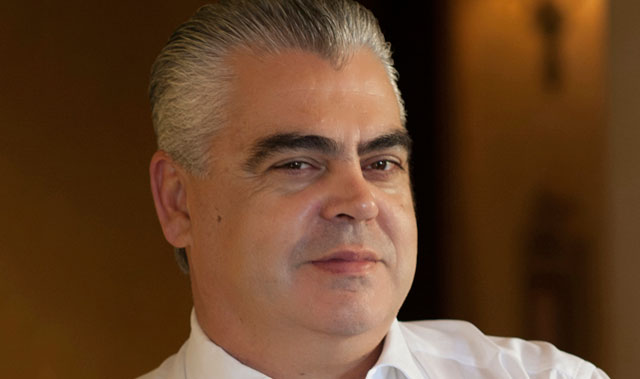
Cell C, the biggest loser in Icasa’s proposed new call termination rates, has lashed out at the communications regulator, accusing it of making a “dramatic U-turn”.
Although Cell C will continue to benefit from “asymmetry” in the rates for the next four years — it will pay bigger rivals MTN and Vodacom less than they pay it to carry calls between their networks — the level of that asymmetry will be reduced dramatically under Icasa’s proposed rates, announced last week.
Icasa has proposed new termination rates for the period 1 October 2014 to 28 February 2018. It will push down the rates, which operators charge each other to carry calls between their networks, but not as quickly as originally envisaged. The authority intends reducing both fixed and mobile calls to just 8c/minute from 1 March 2017.
“Cell C is disappointed by the dramatic U-turn Icasa has made in its approach to remedy the current market failure and promote competition in a duopolistic market,” the operator’s CEO, Jose Dos Santos, says in a statement.
“There are two distinct issues that Icasa has pronounced upon. The first is the level of mobile termination rates that may be charged by the two dominant mobile operators. The second is the level of pro-competitive remedy that is appropriate to provide to challenger operators to assist in creating a reasonable degree of competition in the market — this is asymmetry. Without such pro-competitive remedy, the South African market will remain a duopoly,” Dos Santos says.
“Icasa is now proposing a complete U-turn in its implementation of government policy in respect of pro-competitive regulations and reducing the cost to communicate,” he says in the statement.
“The massive proposed reduction in asymmetry completely eliminates any pro-competitive remedy. Icasa is now only proposing a marginal cost recovery, which is not, in terms of many international benchmarks and literature, the basis on which asymmetry is determined, and which will have the effect of entrenching the duopoly in the South African market today.
“This is a different proposition to the pro-competitive remedy that was gazetted in the original regulations and is particularly puzzling when the number of mobile network operators has reduced from four to a de facto three in the intervening period,” Dos Santos says.
“The proposed regulations appear to be an acknowledgment by Icasa that the duopoly that exists in the South African market today is an acceptable state of affairs and will be allowed to continue. In the long term, this will be catastrophic to both the wider telecoms industry and to the South African consumer.”
He says the significant reduction in retail call prices over the past 18 months was “entirely brought about by competition from Cell C”.
“Should the South African market return to the duopoly of old, all South African consumers will suffer regardless of which network they use. Cell C is disappointed with these rushed regulations arising from a process about which we also have concerns. Cell C will engage the regulator during the short consultation period to ensure that a pro-competitive environment is established. We are further considering all of our options.” — © 2014 NewsCentral Media
- See also: Icasa to cut termination rate to 8c




